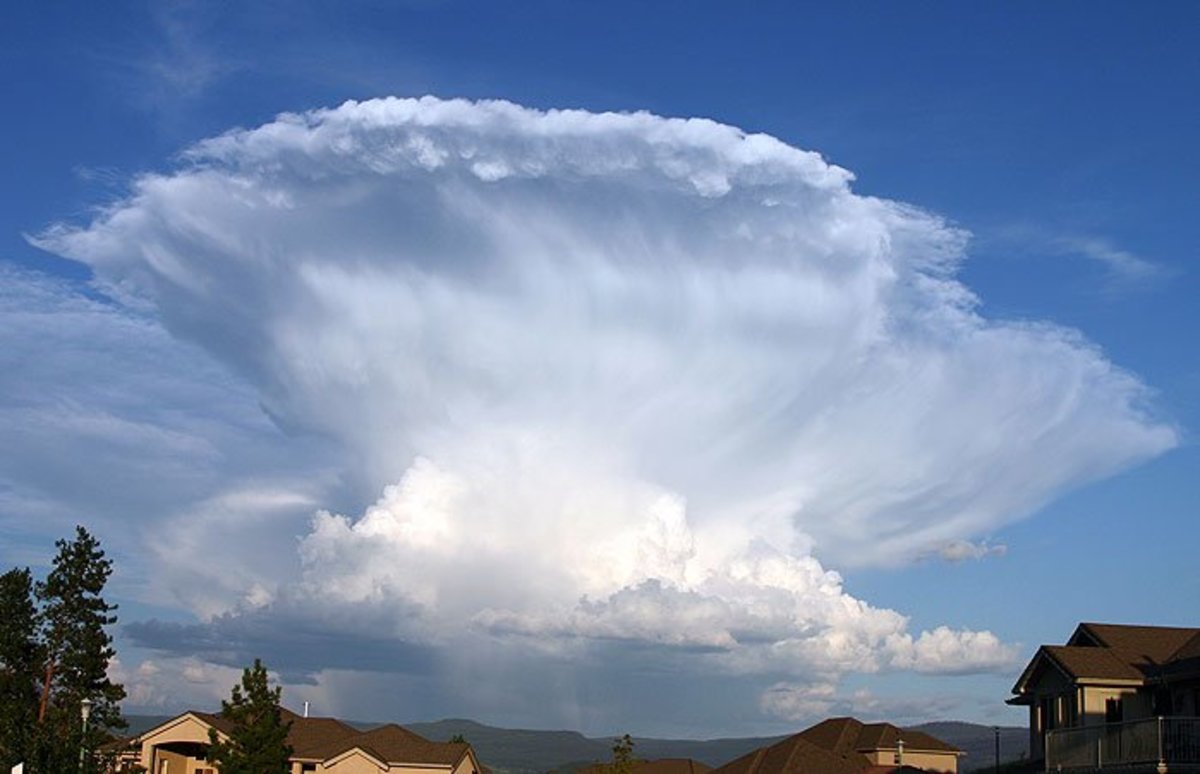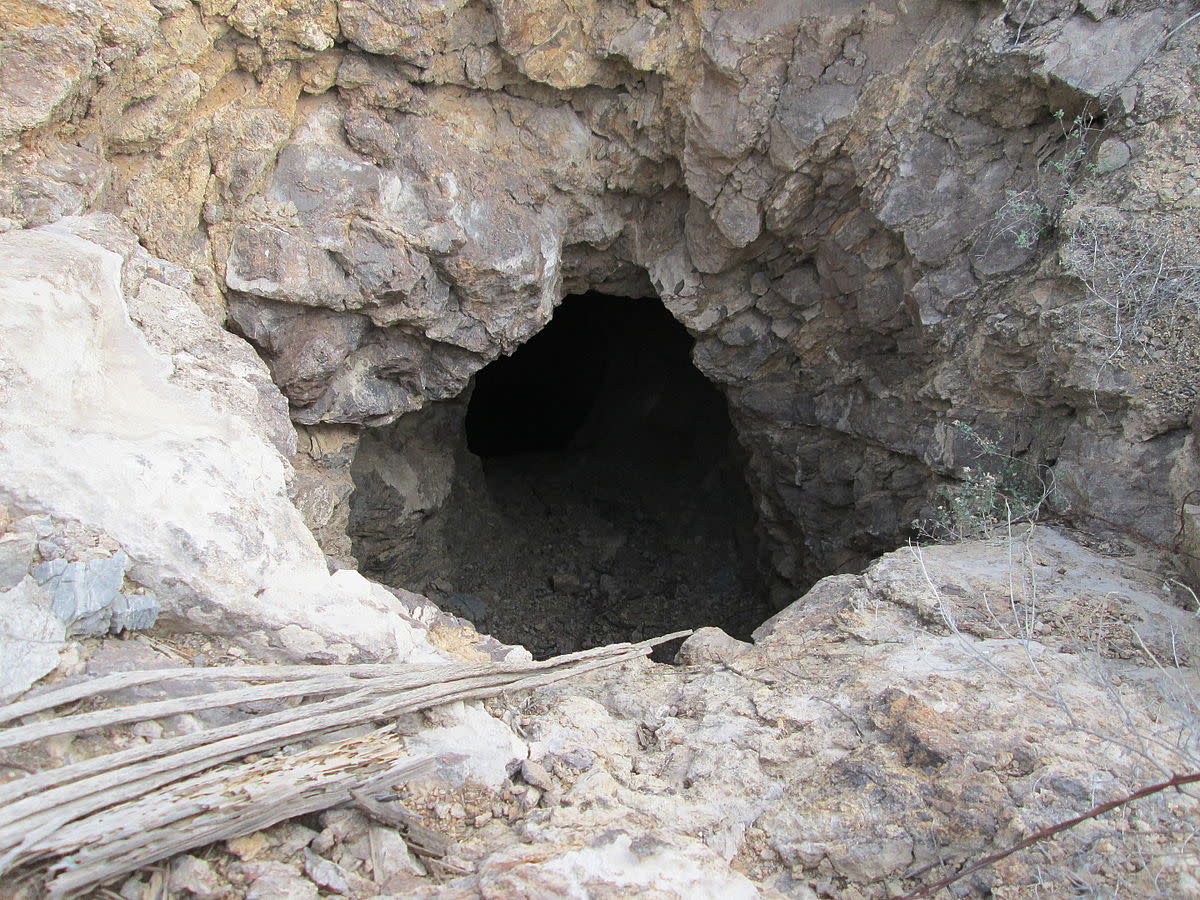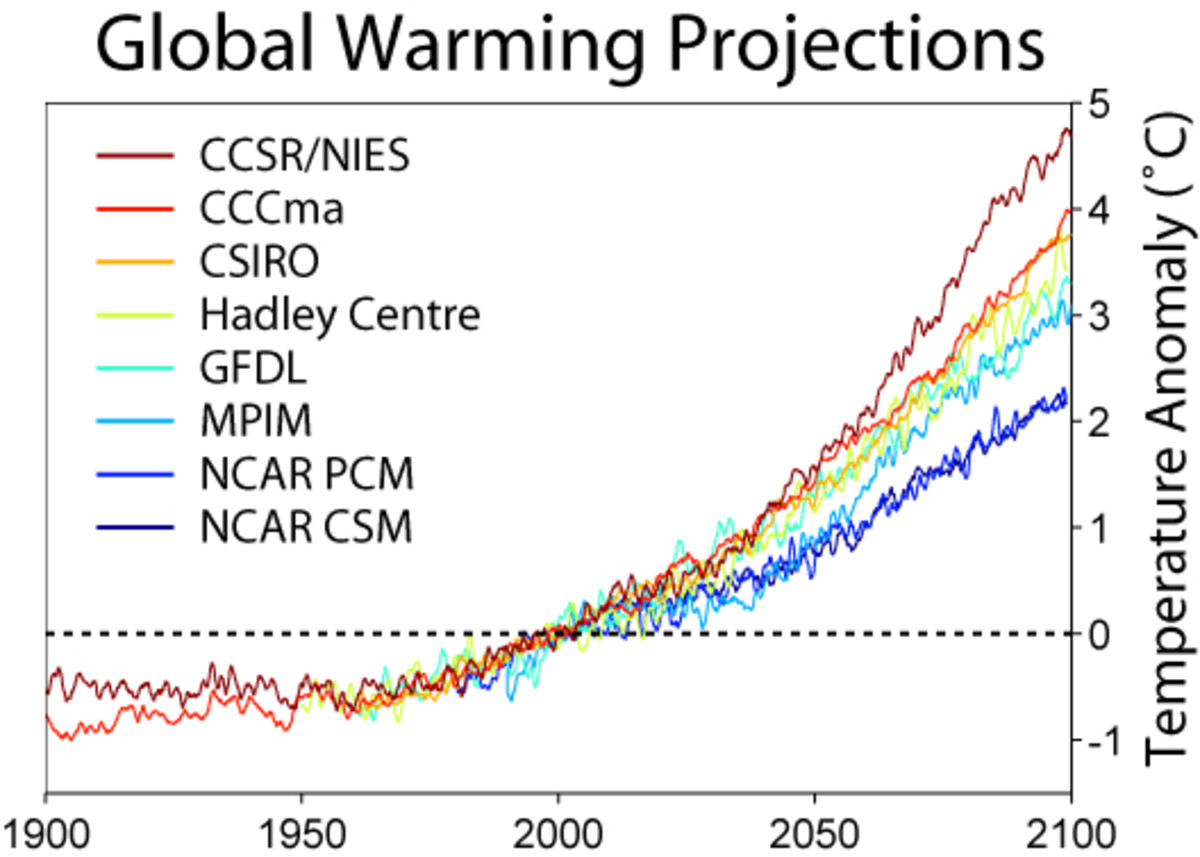Geoengineering, Chemtrails, Cloud-Seeding & Weather Modification: Not Just A Conspiracy Theory

Weather Manipulation
According to official sources, including the GAO (Government Accountability Office), geoengineering is the intentional act of manipulating Earth's climate, with the ultimate goal of slowing down global warming. This is done via two main methods - solar radiation management and carbon dioxide removal.
Weather modification seems to have many benefits, including cloud-seeding, which China use to increase precipitation (rain and snow) during times of drought, thereby providing them with water supply and minimizing pollution.
Cloud-seeding is the most common form of weather modification and is done by spraying small particles, such as aluminium oxide and/or barium, onto clouds in order to increase precipitation. However, cloud-seeding and geoengineering are two very different things.
Geoengineering involves the spraying of stratospheric sulfate aerosols. Aerosols to have been proposed include sulfuric acid, hydrogen sulfide and/or sulfur dioxide. Paul Crutzen also proposed that direct delivery of precursors can be achieved by using sulfide gases such as dimethyl sulfide, sulfur oxide, carbonyl sulfide and/or hydrogen sulfide.
The compounds are proposed to be delivered by artillery, aircraft and/or balloons. Such aerosols leave behind what we know as chemtrails, or chemical trails, and there is currently a lot of research being done into these chemtrails.
In 2007 the Intergovernmental Panel on Climate Change (IPCC) came to the conclusion that the act of geoengineering remains largely unproven yet despite being proposed as a third option in the battle against climate change (in addition to mitigation and adaptation), scientists recommended that rather than using it as an alternative, they use geoengineering (aerosol spraying; chemtrails) as an accompanying strategy to emission control.
According to the Council on Foreign Relations:
"one kilogram of well placed sulfur in the stratosphere would roughly offset the warming effect of several hundred thousand kilograms of carbon dioxide."
However, the act of geoengineering, or spraying chemtrails, remains a controversial one with unknown side effects on Earth and human health.
SPICE (UK)
From October 2010 until March 2014, the UK's SPICE (Stratospheric Particle Injection for Climate Change) project was in operation. SPICE was a geoengineering research program which aimed to assess the efficacy of injecting particles into the stratosphere for the purpose of solar radiation management.
The main purpose of the project was to test just how efficient stratospheric sulfate aerosols really are. £1.6 million in funding was granted for the research.
SPICE included three main fields of research:
- Researchers at two different laboratories and a university attempted to find what would be considered to be an "ideal" particle to inject into the stratosphere.
- Engineers assessed the effect of wind on a tethered balloon at a 1-Km altitude, whilst pumping water simultaneously at a rate of 100-Kg per hour.
- Researchers worked alongside the Met Office's Hadley Centre to find out what can be learned from volanic eruptions from the past (following the 1991 Mount Pinatubo eruption, the Earth cooled by approximately 0.5 degrees celsius over the next 2 years).
Cardiff University also carried out a consultation exercise with the general public, who mostly showed opposition to the concept of geoengineering (aerosol spraying; chemtrails), though many showed support for the experiment.
Also See:
- The Suppression Of Free Energy & Zero Point Technology
- Earth Anomalies: UFO's Near The Sun, Hacking NASA, Weather Modification & The 2013 Solar Storm
- What You Didn't Know About Crop Circles - This Is Not A Hoax - Crop Circle Research
- A Mind-Blowing Reality Or Deception Of The Highest Order: The Truth Of The UFO Phenomena
- The Man Who Knew Too Much: William (Bill) Cooper, 9/11, Bin Laden & The CIA
- Area 51: An Uncensored History Of America's Top Secret Military Base
- Russia Joins The UFO/EBE Disclosure Movement
- The Return Of Planet X/Niburu According To The Sumerians
- US Military Have Had Tesla-Based Time-Travel Technology For Last 40 Years
Controversy
In March 2013 the MIT Technology Review reported:
"Efforts to reduce carbon dioxide emissions worldwide aren’t working, so some researchers think we may need to resort to spraying reflective aerosols into the upper atmosphere to shade the earth and cool it off a little.
The problem is we don’t know much about what that might do to the ozone layer or precipitation, among other things. And we don’t have laws to regulate geoengineering research to make sure someone doesn’t do something stupid, like doing a large scale test before we understand the impact of the aerosols, at least on a small scale, on atmospheric chemistry"
In March 2013 Science Mag also reported:
"attention and controversy have centered on methods to reduce incoming sunlight—for example, spreading reflective aerosols in the stratosphere or spraying condensation nuclei to increase low ocean clouds"
and:
"Such high-leverage interventions offer the dual prospect of large benefits and harms. They may reduce climate-change risks faster than any other response. Yet they may also cause environmental harm or worsen policy failures—for example, undermining emissions cuts or triggering international conflict."
A much more detailed write-up from the MIT Technology Review explains how many strategies have been proposed for battling global warming, including launching trillions of sun shields into space to triggering algae blooms but aerosol spraying is the strategy which has attained the most attention.
They also reported "most scientists worry that they could have disastrous unintended consequences." and "relying on geoengineering to cool the earth, rather than cutting greenhouse-gas emissions, would commit future generations to maintaining these schemes indefinitely"
Other officially noted side effects of stratospheric sulfide aerosol spraying are (amongst others):
- O-zone layer depletion
- Noticeably affecting the appearance of the sky
- Tropopause warming and humidification
- Lower levels of sunlight
So, despite all the chemtrail conspiracy theorists of the last few years being labelled as kooks or paranoid, it seems that governments are indeed starting to open up on the topic of stratospheric sulfide aerosol spraying (chemtrails).







